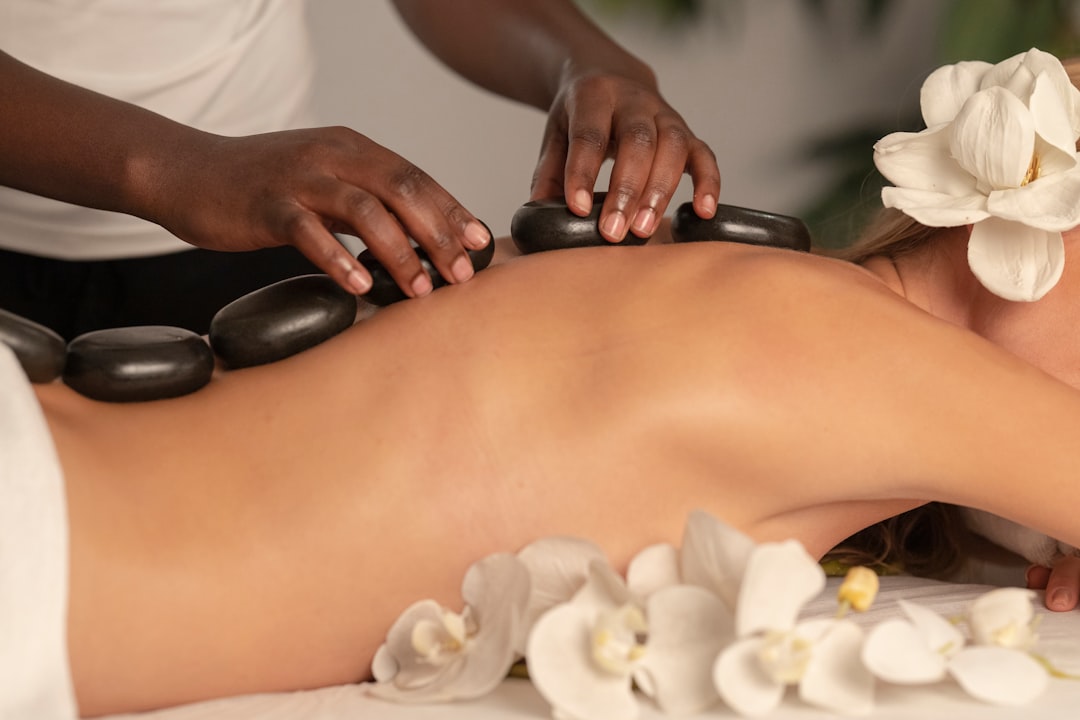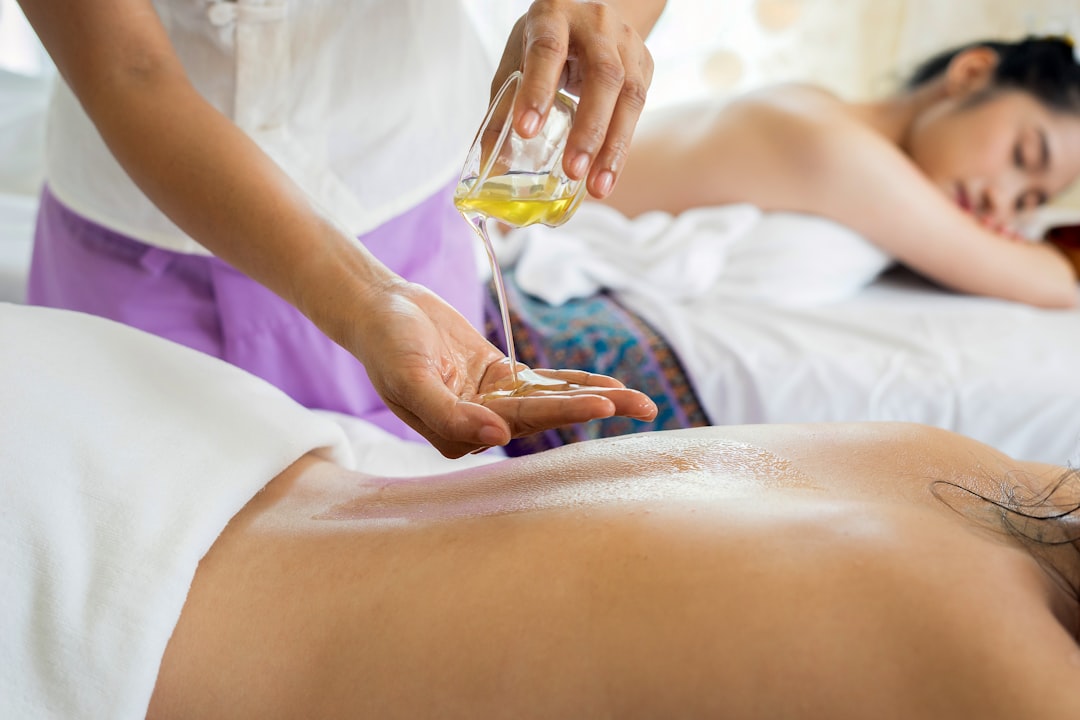In today's wellness market, Chicago spas are transforming into holistic health centers, offering diverse services from mindfulness to massage. This approach boosts client satisfaction and encourages proactive healthcare. Spas can combat issues like massage abuse by promoting overall well-being through staff training, open communication, designated relaxation areas, and adherence to legal guidelines, including consultation with a massage abuse attorney in Chicago IL. Implementing these practices ensures a safe, supportive environment while maintaining ethical standards in the industry.
Implementing wellness programs in your Chicago spa isn’t just a trend—it’s a necessity. In today’s competitive market, prioritizing guest well-being fosters loyalty and distinguishes your business. This guide navigates essential strategies, from creating safe spaces to legal considerations, to help you revolutionize your spa experience. Discover best practices, including stress-reduction techniques, holistic treatments, and prevention initiatives, inspired by Chicago’s vibrant wellness community. Plus, learn how to mitigate risks, especially concerning massage abuse, with expert insights from local attorneys specializing in these matters.
Understanding the Importance of Wellness Programs in Spa Settings

In today’s competitive wellness market, spas in Chicago IL are more than just relaxation hubs; they’re expected to offer transformative experiences that cater to clients’ holistic well-being. Implementing comprehensive wellness programs is not just a trend but a strategic necessity to stand out and foster customer loyalty. By integrating activities like mindfulness workshops, yoga sessions, nutritional counseling, and of course, high-quality massage services, spas can create an environment that addresses physical, mental, and emotional needs. This multi-faceted approach not only enhances client satisfaction but also builds a positive reputation, especially in a city like Chicago where awareness of holistic health is high.
Moreover, prioritizing wellness goes beyond the individual benefits. A well-rounded wellness program can serve as a powerful tool to prevent and manage chronic conditions, reducing the demand for medical interventions. This aspect is particularly relevant when considering issues like massage abuse, which can arise in any setting offering therapeutic services. By promoting overall health and well-being, spas can contribute to a proactive approach to healthcare, ensuring clients receive safe and beneficial treatments while fostering a sense of community centered around wellness.
Strategies for Creating a Safe and Supportive Environment

Creating a safe and supportive environment is paramount for the success and sustainability of any wellness program in your spa. This involves implementing policies that prioritize client comfort, consent, and respect. Ensure all staff members are trained in recognizing and preventing potential issues, such as massage abuse or inappropriate behavior. Foster an atmosphere where open communication is encouraged so clients feel empowered to express concerns or boundaries.
A secure space also means ensuring privacy and confidentiality. Protecting client information and maintaining professional boundaries will build trust, encouraging patrons to fully immerse themselves in the spa experience. Consider designated relaxation areas with minimal distractions to promote mental tranquility. Additionally, offering resources for stress management and mental health support can further strengthen your commitment to creating a safe haven, especially in light of concerns like massage abuse that may arise.
Legal Considerations and Best Practices for Spa Wellness Initiatives

When implementing wellness programs in your spa, it’s crucial to consider legal aspects and best practices to ensure a safe and ethical environment for clients. In Chicago IL, spas must adhere to local regulations regarding health and safety standards, licensing requirements, and consent forms, especially for therapeutic services like massage. Always consult with a qualified massage abuse attorney to understand the legal implications of your wellness initiatives.
Best practices include clear communication with clients about service offerings, pricing, and potential side effects. Obtain informed consent before each session, detailing expectations and boundaries. Train staff thoroughly on ethical conduct, professional boundaries, and recognizing signs of client discomfort or potential abuse. Foster a culture of open dialogue where clients feel comfortable voicing concerns or reporting any issues immediately. Regularly review and update policies to maintain compliance with legal requirements and industry standards.






